Despite the drive towards clean energy, small electric vehicles and green machines, there’s still an immense demand for SUVs.
These larger models are a common sight on the monthly list of best-sellers, with buyers flocking to these high-riding models because of their spacious cabins and confidence-inspiring driving style.
But if you’ve been thinking about getting an SUV, what should you consider before handing over a large chunk of your hard-earned cash? We’ve put together a few points to keep in mind to help you narrow down your choice.
Do I need an SUV?
It might sound quite obvious, but establishing whether or not you really need an SUV is a great place to start. Though driving a larger vehicle is tempting for many people, you could be better served by a smaller, more efficient car.
Most – but not all – SUVs do bring a slight efficiency penalty over an equivalent hatchback or saloon, so it’s worth thinking about this before you buy.
What size?
The SUV segment is broader than ever at present, which means you have plenty of options when it comes to sizes. At the smaller end of the market, some cars drift into the ‘crossover’ segment and occupy a similar space on the road to a ‘normal’ hatchback.
On the opposite end, larger models will require more effort and concentration to drive – particularly when it comes to parking. For example, Volkswagen’s compact T-Cross measures in at 4,235mm long, whereas its full-sized Touareg sits at 4,878mm.
Efficiency
Efficiency is definitely something to consider when you’re shopping in the SUV segment. Many manufacturers are leaning towards plug-in hybrid powertrains for SUVs lately, as they’re able to deliver zero-emissions driving over shorter distances to help boost efficiency overall.
If you’re only doing shorter trips – such as school runs or a relatively modest commute – then these models can really help as you’ll be able to do nearly all of your travel on electric-only power.
Towing capacity
Many people rely on their SUVs to tow, so it’s a good idea to check out the capacity of any vehicle you’re thinking of opting for. A towing capacity dictates how much a car can tow legally.
A car needs to be able to bring along whatever you’re towing, whatever that has inside it, along with the car itself and its occupants and gear.
So if you’re planning on towing something larger such as a caravan or big boat, then you’ll need to ensure that any car you’re checking out is rated to tow the right amount of weight.
Electric or not?
There are plenty of SUVs in the electric market, too, which means you have battery-powered option when it comes to high-riding models as well.
Many of the big companies actually started with the SUV bodystyle for their first electric vehicles, too, so there’s a good variety available.
Four-wheel-drive?
It might feel like four-wheel-drive and SUVs go hand-in-hand, but there are plenty of models which only use two-wheel-drive instead. These can bring significant efficiency benefits, but at the detriment of outright traction – something you’ll not want to do without if you live in a snow-prone area.
Many SUVs have a more off-road-focused setup, such as the Jeep Wrangler and Land Rover Defender. Others, like the Skoda Kodiaq or Audi Q7, are primarily road-going vehicles.
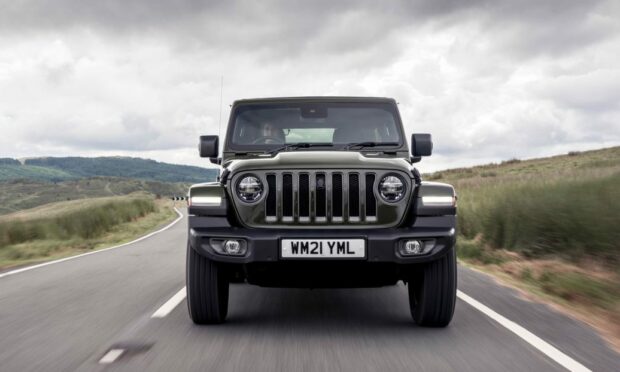
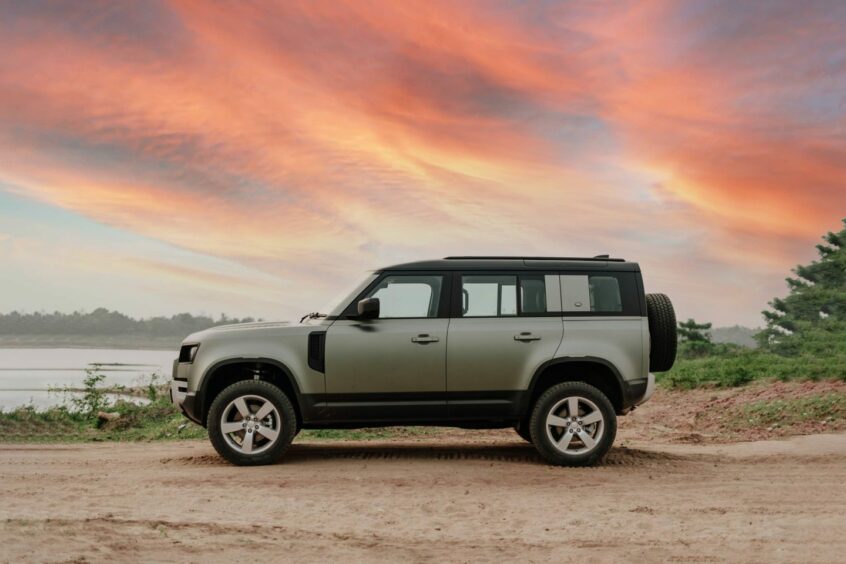
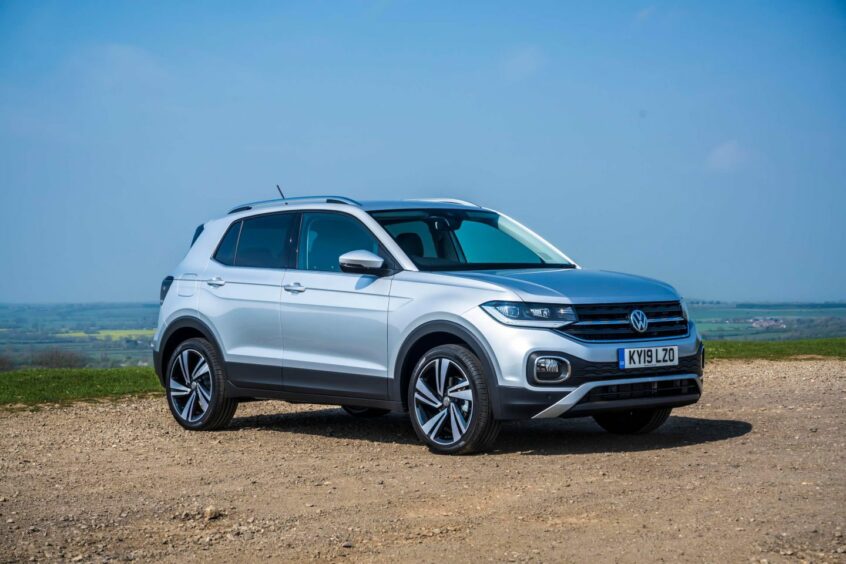

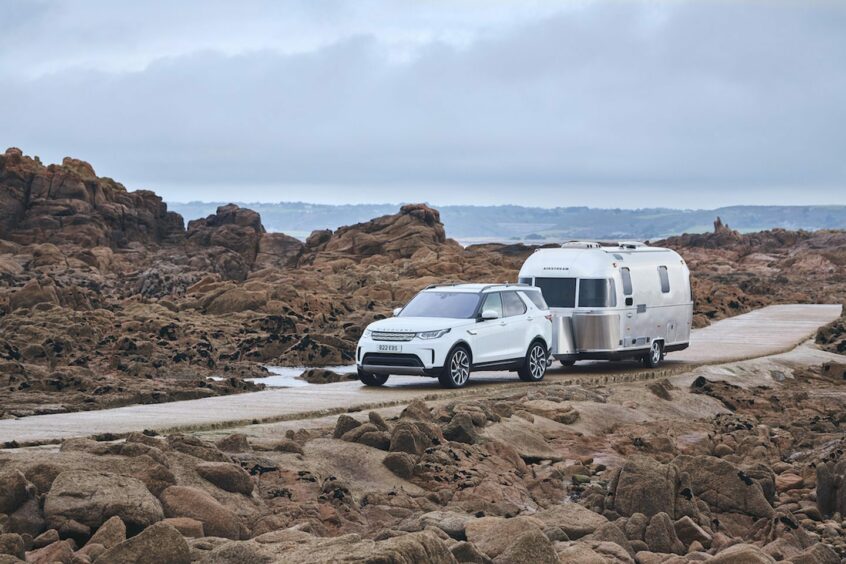
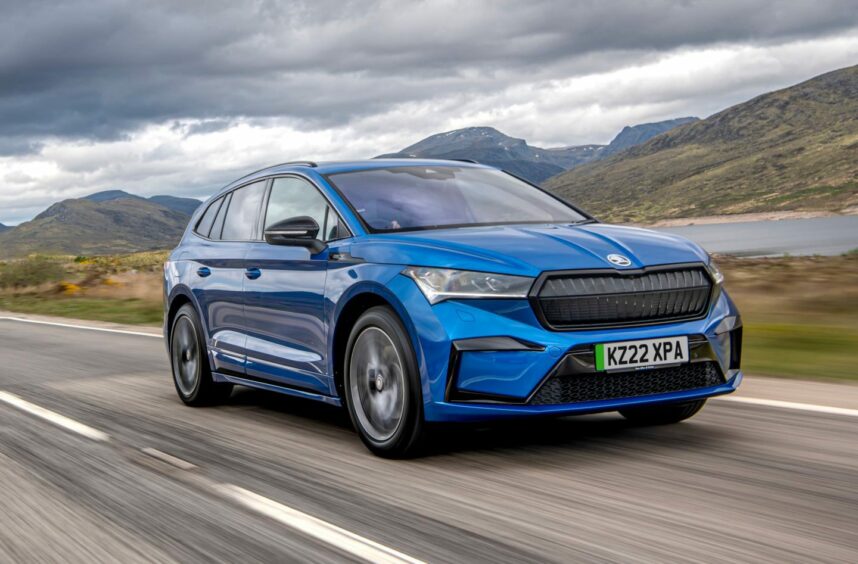
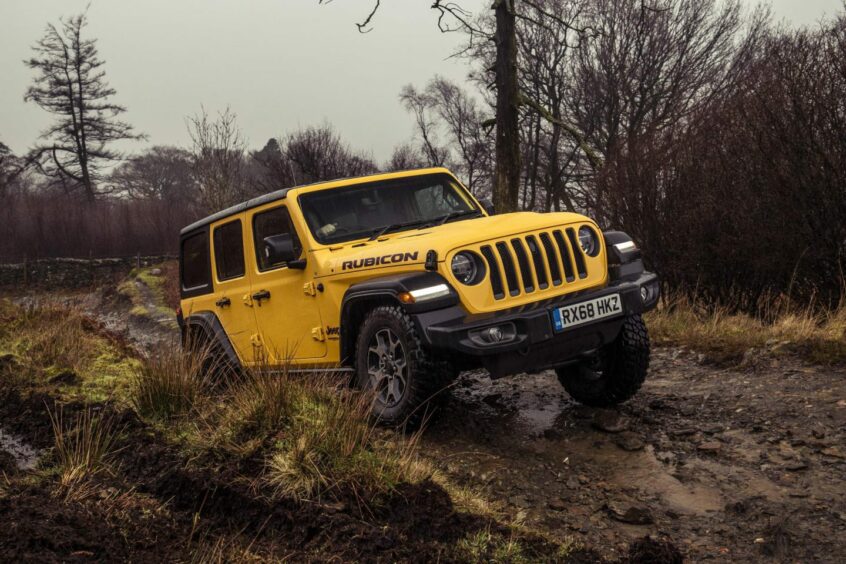
Conversation